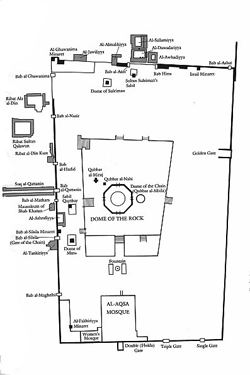Why demean the koine Greek language? The language by which God chose to write the NT and then cast aspersions on those who spend a lifetime in its study and translation - taking the gospel to distant lands?Quoting Greek to make a point regarding definition/translation has the obvious danger - we have preferred translations that 'prove' our theology.
Even a Greek expert & professional translator - Professor John of Japan is not immune to that - in another thread, long ago.
I prefer to refer to Strong's numbering to see how words are used in context, & the range of possible meanings.
e.g. Tachos
If He came "shortly" as in a humanly speaking short period of time according to the preterist view then what of the following passage and the Greek words therein?
2 Peter 3
10 But the day of the Lord will come as a thief in the night; in the which the heavens shall pass away with a great noise, and the elements shall melt with fervent heat, the earth also and the works that are therein shall be burned up.
11 Seeing then that all these things shall be dissolved, what manner of persons ought ye to be in all holy conversation and godliness,
12 Looking for and hasting unto the coming of the day of God, wherein the heavens being on fire shall be dissolved, and the elements shall melt with fervent heat?
When did this happen? It happened but no one noticed?
Or:
Revelation 1:7 Behold, he cometh with clouds; and every eye shall see him, and they also which pierced him: and all kindreds of the earth shall wail because of him. Even so, Amen.
It seems preterism has a lot more semantic explaining to do than futurism.
Our views have to do with word definitions that we identify as either literal or metaphorica or even a mix.
No matter how we align the list under which heading will cause issues further on in the scripture.
So the debate goes on.
HankD
Last edited:


